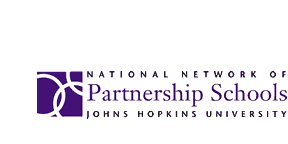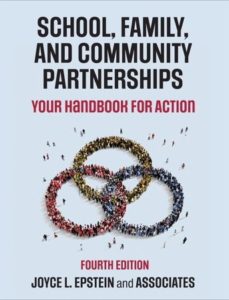Pasco, Washington

Annual Family Kite Engineering Challenge
In the digital age when kids are often staring at a screen, the Annual Family Kite Engineering Challenge on a grassy field at Rosalind Franklin STEM Elementary is, indeed, a breath of fresh air. The big idea is that students and their families engage in the engineering process to build a kite together. Designs range from simple to elaborate kites (some built by children and their aerospace engineer moms or dads).
This year, the school provided a “kite hospital” with supplies such as tape, string, pieces of recycled plastic, and wooden dowels. The Action Team for Partnerships (ATP) and other school leaders invited engineers from local companies to come and give expert advice on kite design and how to cure an injured kite. A photographer took pictures of each family with a kite. To celebrate the hard work of students and their families, certificates were awarded in several categories: smallest kite, biggest kite, highest flyers, most recycled materials, best design, most beautiful kites, kites with the most school spirit, most elaborate kite, simplest kite, best box kite, and—principal’s choice. Students had the opportunity to explain how their kites will fly. The panel of guest judges included engineers from the community who have different specialties.
Annual Family Kite Engineering Challenge is featured in Promising Partnership Practices 2017.
Franklin Feet
Every Friday, students at Franklin STEM run or walk around the field as an extracurricular activity. Volunteers track the time. When students reach 5 miles they receive a magnet and a small prize donated by the school such as pencils, erasers, or small toys, or by local businesses such as ice cream cones or breadsticks. Older students often encourage and help kindergarteners to participate.
Miles are counted and tracked every few months with results displayed on a large bulletin board. Students benefit by improving their stamina and health and by increasing their power to concentrate on their work in class. They like to measure their progress on the large feet displayed on the bulletin board. Students take pride in their accomplishments and in receiving their 5-mile magnets.

